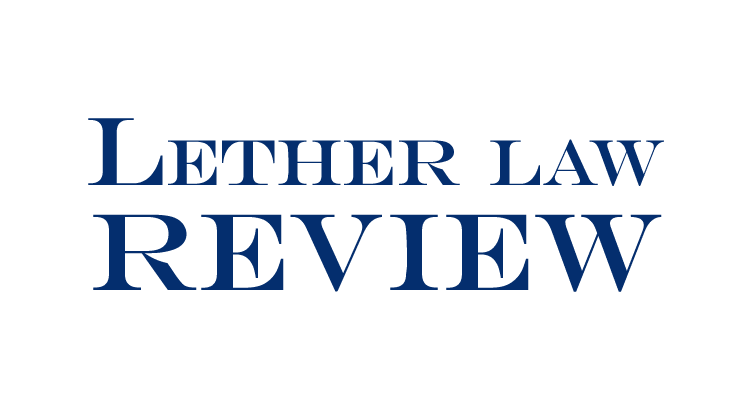Washington State Court of Appeals New Decision On Covenant Judgments
On January 30, 2023, Division One of the Washington State Court of Appeals issued a published opinion further addressing covenant judgments in Washington. In Garza v. Perry, No. 83377-4-I, 2023 Wash. App. LEXIS 144, at *8 (Ct. App. Jan. 30, 2023), the Court of Appeals issued a decision primarily holding that an insurer cannot nullify a stipulated settlement based on mutual release language in the agreement because the insurer is not a party to the agreement.
The Garza case arose out of a motor vehicle accident. After failed negotiation attempts with the defendant’s insurer, the plaintiffs and defendant entered into a stipulated settlement with a covenant judgment in the amount of $2.5M and an assignment of rights against the defendant’s insurer. The settlement agreement contained a paragraph that stated the parties would mutually release each other including from the assignment of rights if the insurer provided written proof that it would fully indemnify defendant from any final judgment. As required, the parties sent a copy of the settlement agreement to the insurer with an email offering to settle for $2.5M if paid within 10 business days.
The insurer did not agree to pay the $2.5M, but instead waived its limits and advised that it would indemnify the defendant for any judgment. Based on that letter, the insurer asserted that Plaintiffs’ and Defendant had therefore mutually released each other. The parties to the agreement disagreed and made a written addendum to their agreement to accurately reflect the actual meeting of the minds. Nevertheless, the insurer intervened and asserted that it had a valid settlement agreement with the parties.
The trial court rejected the argument and the Court of Appeals affirmed on appeal. The Court of Appeals noted that purpose of a covenant judgment is to protect the insured from the bad faith of an insurer. It does not form a contract with the insurer or for the insurer’s benefit. The Court also rejected the insurer’s argument because the agreement as a whole, including the written reformation, evidenced that the agreement was only between Plaintiffs and Defendants and also required that the intent was to only release the covenant judgment if the insurer agreed to pay the $2.5M.
The insurer also attempted to attack the trial court’s reasonableness determination on appeal based upon three arguments: 1) that the trial court had made oral statements regarding a lack of basis for the $2.5M amount at the reasonableness hearing; 2) that the Plaintiffs’ experts were not credible. and 3) that there was no substantial evidence supporting the conclusion that the agreement was not the product of collusion and fraud. All three arguments were rejected on appeal.
With respect to the oral statements of the trial judge, the Court of Appeals reiterated Washington law that a trial court’s oral statements have no binding effect unless explicitly incorporated into the court’s written order. The statements at issue were not incorporated into the order and, as such, were treated as having no import on the case.
The second and third arguments were effectively rejected for the same reason. Specifically, they were rejected because the substantial evidence review standard for review of reasonableness hearings requires the appellate court to view the evidence in the light most favorable to the prevailing party.
The bad faith evidence argument was rejected because there was evidence that the settlement agreement was subject to review, revisions, and input by independent coverage counsel. The credibility argument was also rejected because a factfinder’s credibility determination are not subject to review under the substantial evidence standard.
The Garza case provides a two main takeaways for any insurer facing a covenant judgment. First, collateral attacks on the language of the covenant judgment settlement agreement are unlikely to prevail because an insurer is not a party to the agreement. Second, the standard of appellate review for reasonableness hearings is a difficult standard to overcome on appeal.
Because of this, an insurer that fails to fully develop the record at a reasonableness hearing runs the significant risk of being unable to successfully challenge a reasonableness finding on appeal. As a result, insurers need to be fully prepared to fully present their case at any reasonableness hearing. Moreover, insurers and insurer counsel should specifically request that the judge explicitly incorporate any helpful oral statements into its final order.
Lether Law Group has been successfully defending insurers against covenant judgments before the trial court and on appeal for more than 30 years. If you would like to discuss covenant judgment defense or any other matter, please do not hesitate to contact us.


